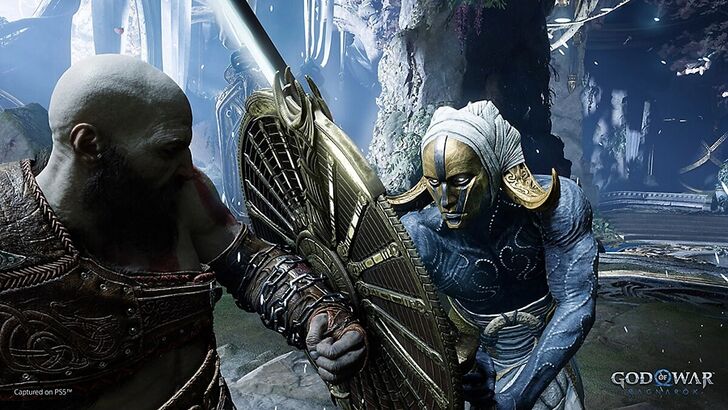PlayStation CEO Hermen Hulst: AI in Gaming – A Powerful Tool, But Never a Replacement

Sony Interactive Entertainment co-CEO, Hermen Hulst, recently discussed the role of artificial intelligence (AI) in the future of gaming. While acknowledging AI's potential to revolutionize game development, he emphasized the irreplaceable value of the "human touch." This statement comes as PlayStation celebrates 30 years in the industry, a journey marked by technological advancements and evolving creative processes.
The Rise of AI and its Impact on Game Development

Hulst's comments highlight a growing concern within the gaming industry: the potential displacement of human creators by AI. The recent strike by American voice actors, fueled by concerns about AI replacing their roles in games like Genshin Impact, underscores this anxiety. However, a CIST survey reveals that a significant portion (62%) of game studios are already utilizing AI to streamline workflows, particularly in prototyping, concept art, asset creation, and world-building.
Finding the Balance: AI and Human Creativity

Hulst predicts a "dual demand" in the gaming market: games that leverage AI for innovative experiences and those that prioritize handcrafted, carefully considered content. He believes striking a balance between these two approaches will be crucial for the industry's future.
PlayStation's Approach: Innovation and Expansion

PlayStation itself is actively involved in AI research and development, with a dedicated Sony AI department established in 2022. Beyond gaming, the company is exploring multimedia expansion, adapting its successful game IPs into films and TV series, as exemplified by the upcoming Amazon Prime adaptation of God of War (2018). This broader entertainment strategy is speculated to be behind rumors of a potential acquisition of Kadokawa Corporation, a major Japanese multimedia conglomerate.
Lessons Learned: The PlayStation 3 Experience

Former PlayStation chief Shawn Layden reflected on the PlayStation 3's development as a cautionary tale. He described the PS3 era as an "Icarus moment," where ambitious goals—including integrating Linux and advanced multimedia features—almost led to the company's downfall. The experience taught them valuable lessons, emphasizing the importance of prioritizing core gaming experiences and avoiding overly ambitious, costly features. The subsequent PlayStation 4's success is attributed to a return to this core principle, focusing on delivering a superior gaming experience.






























